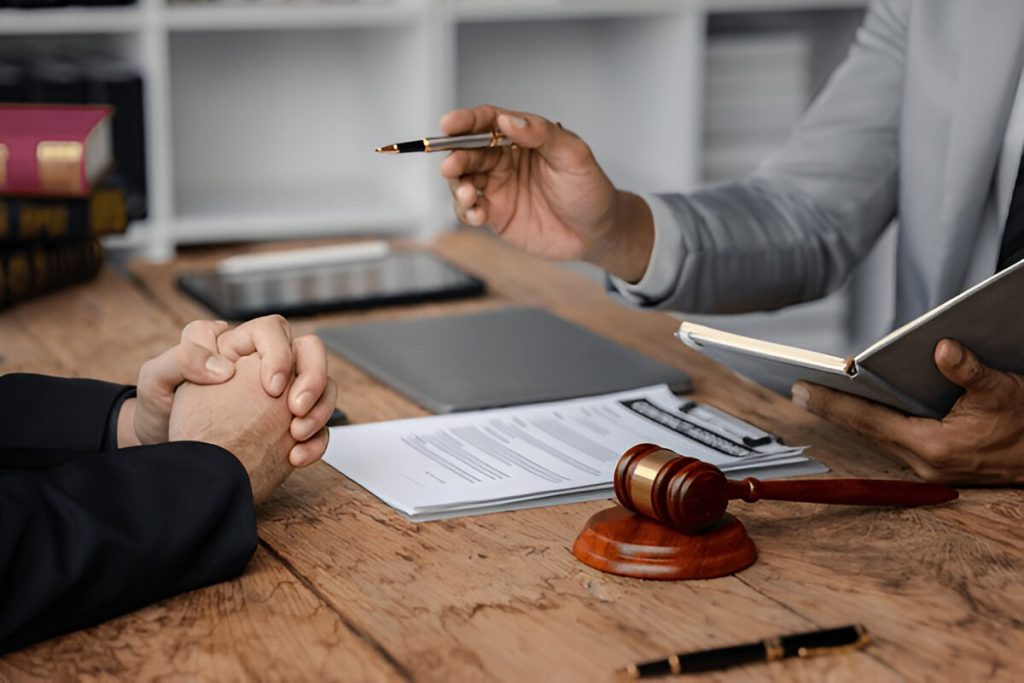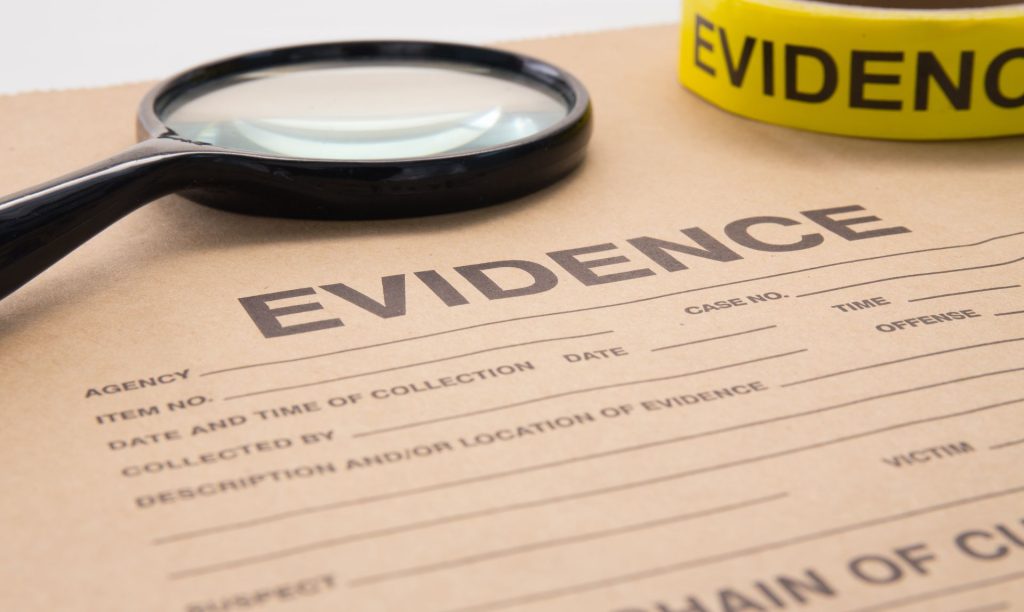Private investigators (PIs) play a critical role in uncovering facts, resolving disputes, and supporting legal cases. In New York, as in many states, licensed investigators are held to strict legal and ethical standards regarding how they gather and use information. Clients often want to know: how do private investigators legally collect evidence, and what protections exist to ensure their work remains admissible and above board?
This article explores the legal boundaries, tools, and strategies that private investigators in New York use to collect evidence while remaining compliant with local, state, and federal laws.
Licensing and Legal Authority
In New York, private investigators must be licensed by the New York State Department of State. Licensing ensures that investigators:
- Undergo background checks
- Pass a written examination
- Have relevant experience (typically three years in investigative work)
- Adhere to state laws and ethical standards
Operating without a license is illegal and may lead to criminal penalties.
Legal Methods of Evidence Collection
Licensed PIs are trained to gather evidence without violating rights or breaking laws. Their most commonly used legal methods include:

1. Surveillance
Surveillance is one of the most effective tools investigators use. In New York, surveillance must be conducted in public or legally accessible spaces:
- Following a person in public
- Observing behavior in public areas (streets, parks, stores)
- Monitoring from a parked vehicle in a public space
Limitations:
- Cannot trespass on private property
- Cannot use high-tech zoom lenses or drones to peer through private windows
2. Photography and Videography
Recording someone in public places where there is no expectation of privacy is legal. PIs frequently use cameras and video equipment to:
- Document meetings, movements, and interactions
- Capture proof of infidelity, fraud, or other suspicious activity
Limitations:
- Cannot record inside private homes without permission
- Cannot use hidden cameras in private restrooms, locker rooms, or dressing areas
3. Public Records Research
Many valuable documents are publicly accessible and legally collectible:
- Marriage and divorce records
- Business licenses and ownership filings
- Criminal and civil court documents
- Property records and deeds
- Bankruptcy filings
PIs use these documents to build timelines, verify claims, and uncover associations.
4. Interviews and Witness Statements
Private investigators can legally interview:
- Friends, neighbors, or coworkers of the subject
- Potential witnesses in a legal case
- Parties involved in past incidents (with consent)
They must not misrepresent their identity or impersonate law enforcement. Conversations are typically recorded only with consent, especially due to New York’s one-party consent law for audio recording.
5. Social Media and Online Investigations
Anything publicly available online is fair game:
- Social media posts, photos, and comments
- Online reviews, check-ins, or digital footprints
- Employment or business-related profiles
Limitations:
- Cannot hack into accounts
- Cannot create fake personas to friend or deceive subjects
6. GPS Tracking (Highly Regulated)
In New York, placing a GPS tracker on a vehicle you do not own without the owner’s consent is illegal. The only exceptions:
- The client is the owner or co-owner of the vehicle
- The PI has written consent from the vehicle owner
PIs must use extreme caution and legal guidance when considering GPS tracking.
7. Dumpster Diving
Trash placed on the curb for collection is generally considered abandoned property and may be searched legally. However, this must be done without trespassing or violating city ordinances.
What PIs Cannot Do in New York
While investigators have many tools at their disposal, there are clear boundaries they cannot cross:
- No wiretapping or illegal recording: PIs cannot intercept phone calls without at least one party’s consent.
- No trespassing: Entering private property without permission is illegal.
- No impersonating law enforcement: Misrepresenting identity can lead to criminal charges.
- No hacking: Accessing someone’s email, computer, or private accounts without permission violates federal laws.
- No bribery or coercion: Investigators cannot pressure or pay individuals for testimony or access.
Evidence and Admissibility in Court
Private investigators in New York are often hired to support legal cases, including:
- Divorce and child custody disputes
- Fraud investigations
- Workplace harassment claims
- Insurance fraud
To be admissible in court, evidence must:

- Be lawfully obtained
- Be relevant to the case
- Be properly documented (with timestamps, chain of custody, etc.)
- Not violate hearsay or privacy rules
A licensed PI understands how to collect and present evidence in a way that supports legal arguments without putting the client at risk.
Working With Attorneys
Many private investigators work closely with attorneys. When operating under attorney direction, some investigative materials may be protected under attorney-client privilege or work product doctrine, adding an extra layer of confidentiality.
Case Study Example
A woman suspects her ex-husband is violating their child custody agreement by leaving their child unattended during scheduled visits. She hires a licensed PI in New York to investigate.
The PI:
- Conducts surveillance from a public street
- Captures video of the child being dropped off alone at various locations
- Collects public records showing the ex-spouse’s employment schedule
- Prepares a report with timestamped evidence
Because all the evidence was legally gathered, it is submitted to family court and strengthens the woman’s case.
Choosing the Right Investigator
To ensure legal compliance and effective results:
- Verify licensing through the NYS Division of Licensing Services
- Ask about experience in your specific type of case
- Request a written agreement outlining scope, fees, and deliverables
- Discuss legal boundaries upfront to avoid misunderstandings
Conclusion
Private investigators in New York operate under a tightly regulated framework that balances the need for information with respect for privacy and legality. From surveillance and records searches to interviews and digital investigations, their methods are powerful—but only when used correctly.
By understanding what a PI can and cannot legally do, clients can set realistic expectations, protect their interests, and ensure that any evidence collected stands up in court. Always hire a licensed professional who is committed to ethical conduct and transparency.



